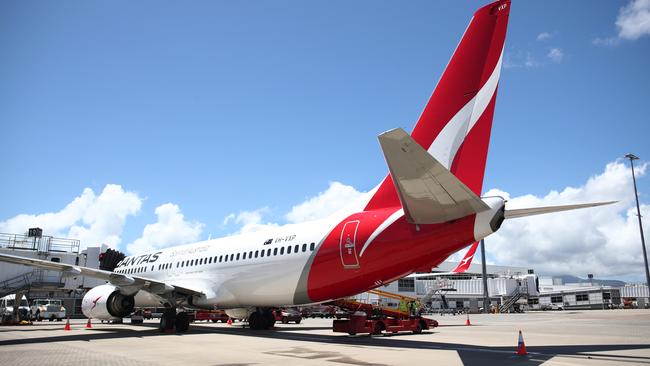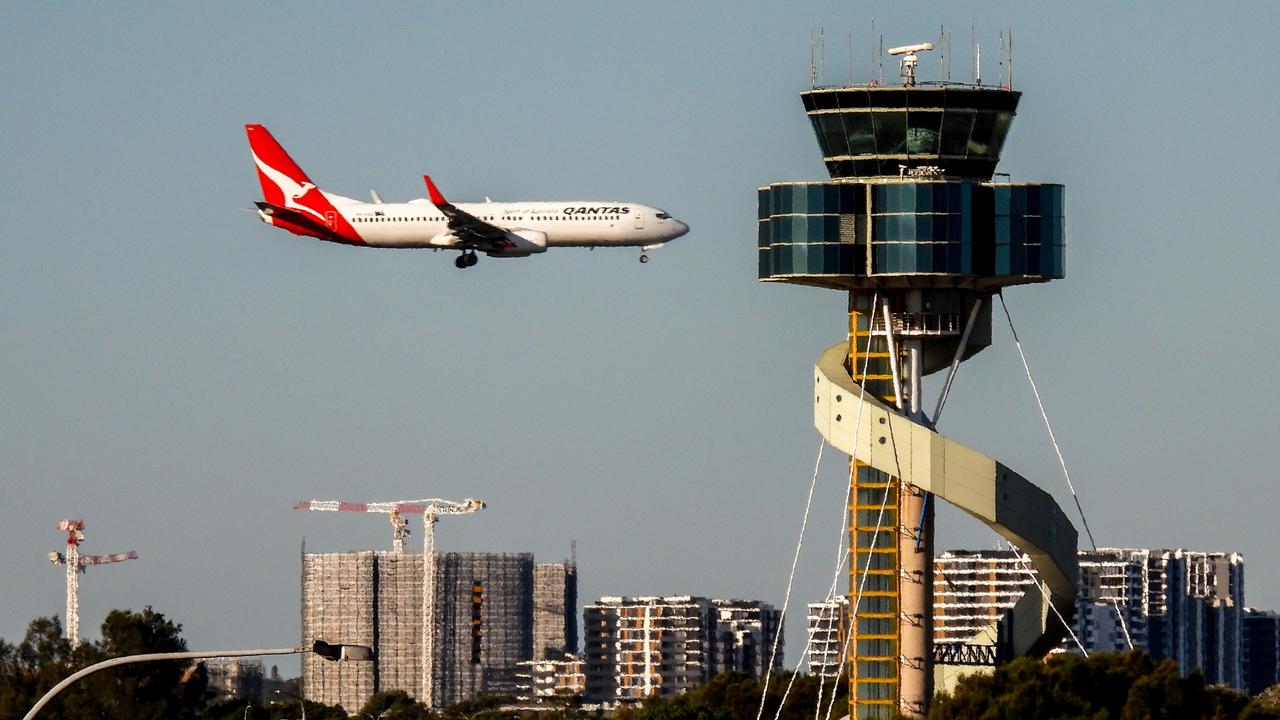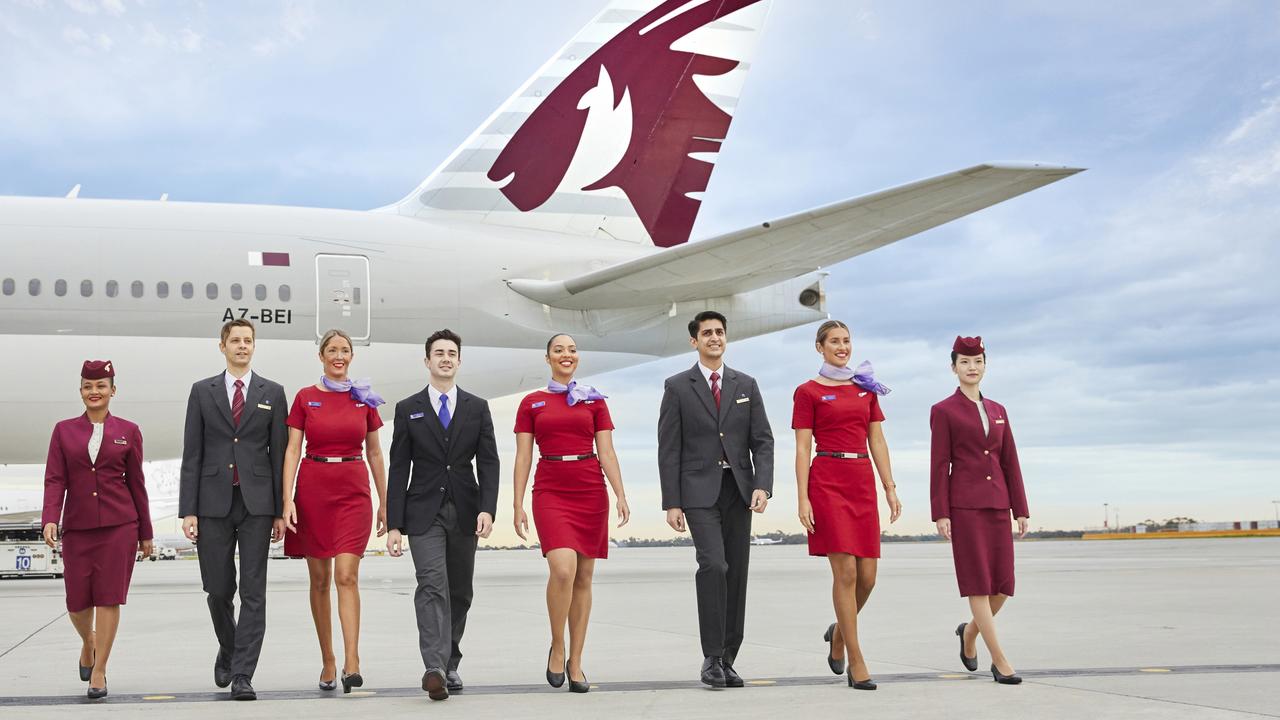Qantas seeks a greener look for domestic fleet
Qantas is seeking the best deal on the greenest aircraft for its massive domestic fleet renewal over the next decade.

Qantas has put aircraft manufacturers on notice that the airline wants the greenest possible aeroplanes to replace its current domestic fleet of Boeing 737s and B717s.
The carrier has announced a shortlist of aircraft for the fleet renewal, which will see Qantas take delivery of more than 100 new planes from late-2023 to 2034.
The four contenders include the controversial Boeing 737 Max, the Airbus A320neo and the smaller A220 and Embraer’s E2 jet family.
Each would be required to meet four key criteria including safety, reliability and performance, sustainability and emissions reduction and commercial terms.
Qantas chief executive Alan Joyce said the new domestic fleet would be next generation aircraft with the potential to drive “big improvements in cost and overall efficiency”.
“Importantly these aircraft deliver a step change in reducing fuel burn and carbon emissions by up to 15 per cent but we are taking things also to a new higher level,” Mr Joyce said at International Air Transport Association’s annual general meeting.
“We are also talking to each of the manufacturers about how we can accelerate the development and the use of sustainable aviation fuels for our domestic flying. We see this as the pathway to achieving net zero emissions by 2050.”
A preferred supplier of aircraft and engines would be chosen by the end of the year, after which discussions with employees would begin about what was needed to support the new aircraft.
Mr Joyce said a firm order would be lodged at the latest by mid-2022 with the first deliveries expected from late 2023.
“Covid has had a devastating impact on the aviation industry and there aren’t many airlines around the world in a position to place orders for new aircraft,” he said.
“We still have our own repair work to do, but we know travel demand will rebound quickly and right now we’re in a strong position to secure the best possible deal at very good prices.”
A decision on the domestic fleet would likely be followed by an order for Project Sunrise aircraft, expected to be A350-1000s, capable of operating ultra-long-range flights between Australia’s east coast and cities such as London, Paris and New York.
Originally planned for 2023, Qantas was now targeting the non-stop services to take off in 2024-25.
Chief financial officer Vanessa Hudson said the airline was well-placed to cope with the cost of the domestic fleet renewal and Project Sunrise order, and maintain a debt level in the optimal range.
“It’s a great time to be buying aircraft,” Ms Hudson said.
“All airlines that are renewing their fleet will get a substantial discount to the list price so that’s going to be commercial-in-confidence but this is an investment we believe will be very manageable and spread over the next decade and beyond.”
A snapshot of the aircraft being considered for the domestic fleet showed few significant differences between the 737 Max and A320neo families.
Both offered a 14 per cent improvement on fuel burn compared to their predecessor, with the A321neo slightly ahead on range at 7400km compared to the Max’s 7130km.
Qantas’ staunch rival Virgin Australia has already lodged an order for 25 737 Max 10s, with the first to arrive in mid-2023.
The airline decided against including any 737 Max 8s in its order following the aircraft’s global grounding after two fatal crashes in five months.
In the 100 to 150 seat market, the A220 promised a 25 per cent lower fuel burn per seat compared to the previous generation of aircraft, half the noise footprint and reduced emissions.
Embraer’s E2 jet family offered double-digit lower fuel consumption compared to current Embraer jets, and a range of 4815km to 5278km.



